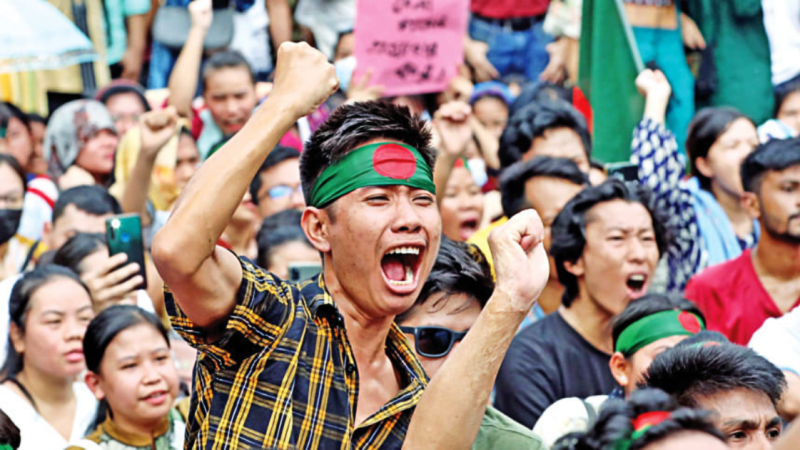
I was reminded of this tension while facilitating a session organised by Supporting People and Rebuilding Communities (SPaRC), where 24 youth from 16 Indigenous communities came together to explore questions of culture, belonging, and power. The experience forced me to confront the privileges of my own identity as a Bangalee Muslim woman that merits its own deeper delve, but maybe another time.
What stayed with me from that day and what I want to reflect on today is a moment that cut through the abstractions of dialogue and made the stakes of belonging painfully real—one that asks that I approach this topic with as much humility as I can muster, given the privilege I hold in relation to the identities I am about to discuss.
In one of the exercises, where participants were asked to present what culture is “ours” and what is “theirs,” a young Oraon man made the claim that nakshi kantha—the iconic embroidered quilt so often celebrated as “quintessentially Bangalee”—is indigenous to their community. Whether historically accurate or not, his assertion made me reflect on how the cultural fabric of Bangladesh is not uniform but rather stitched together from multiple threads, some of which have been systematically denied, an erasure that can be both cultural and material. Later that night, Coke Studio Bangla released its now-controversial song Baaji, further deepening my discomfort as discussions on cultural appropriation, tokenism, and the politics of representation emerged within activist communities.
